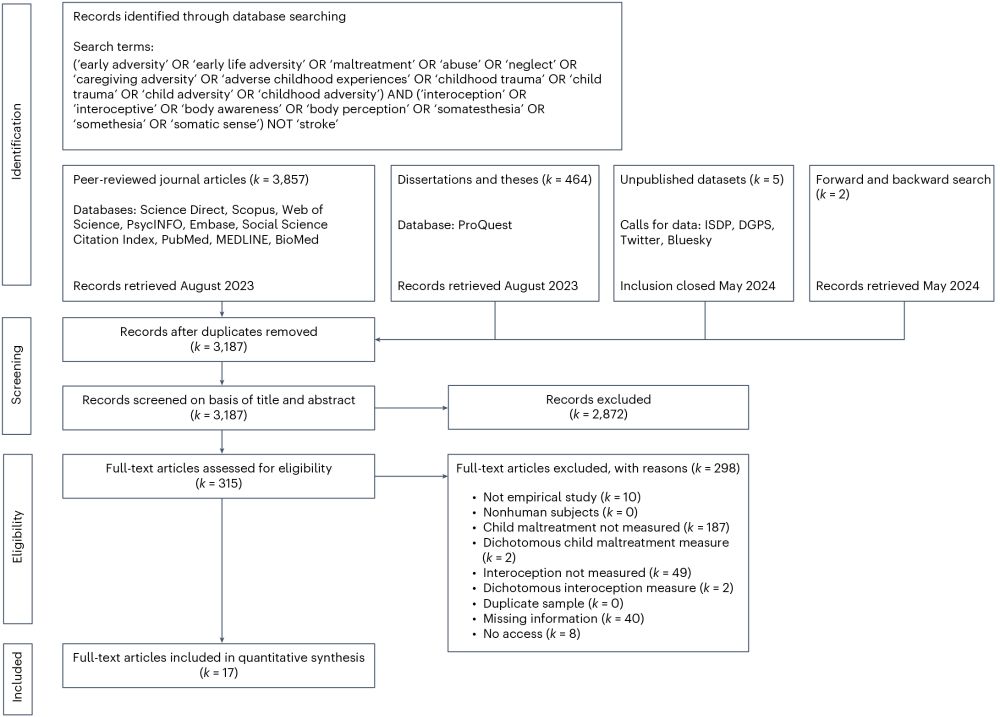Visiting Graduate Researcher @ Yale, Stanford & UCLA. 🧠🎓
Interested in early adversity, interoception, and emotion.
1️⃣ First model linking masculinity, alexithymia & emotion regulation
2️⃣ Emotional restriction/self-reliance predict mental health difficulties
3️⃣ Gender-responsive therapy could target these pathways
1️⃣ First model linking masculinity, alexithymia & emotion regulation
2️⃣ Emotional restriction/self-reliance predict mental health difficulties
3️⃣ Gender-responsive therapy could target these pathways
Masculine norms → Alexithymia → Emotion regulation difficulties → Internalizing problems

Masculine norms → Alexithymia → Emotion regulation difficulties → Internalizing problems
These norms of emotional restriction and self-reliance can make it harder for men to identify and manage feelings — feeding into cycles of anxiety and depression.
These norms of emotional restriction and self-reliance can make it harder for men to identify and manage feelings — feeding into cycles of anxiety and depression.
But to regulate emotions, we first need to recognize and label them — something many men struggle with, known as alexithymia.
Why? Socialization. 🧑🤝🧑
But to regulate emotions, we first need to recognize and label them — something many men struggle with, known as alexithymia.
Why? Socialization. 🧑🤝🧑
Thanks to my wonderful co-authors Christian Woll, Clara Burger, Alisa Ernst, Ilka Böhm, @alzietlow.bsky.social & @susangarth.bsky.social for their support and expertise! 🫰
Full paper: rdcu.be/eu8bo

Thanks to my wonderful co-authors Christian Woll, Clara Burger, Alisa Ernst, Ilka Böhm, @alzietlow.bsky.social & @susangarth.bsky.social for their support and expertise! 🫰
Full paper: rdcu.be/eu8bo
Emotional abuse and neglect can shape how safe and “at home” we feel in our own bodies.
These forms of trauma deserve more attention — in public discourse, clinical care, and prevention efforts. 🏥🏫💬
Emotional abuse and neglect can shape how safe and “at home” we feel in our own bodies.
These forms of trauma deserve more attention — in public discourse, clinical care, and prevention efforts. 🏥🏫💬
Low body trust can interfere with:
- Emotion regulation
- Identifying personal needs
- Processing stress
This may help explain why survivors of emotional trauma are at higher risk for anxiety, depression, or eating disorders. 🙍♀️
Low body trust can interfere with:
- Emotion regulation
- Identifying personal needs
- Processing stress
This may help explain why survivors of emotional trauma are at higher risk for anxiety, depression, or eating disorders. 🙍♀️
🫀💭 People who experienced emotional abuse or emotional neglect in childhood tend to report lower trust in their bodily signals — a key part of interoception.
🫀💭 People who experienced emotional abuse or emotional neglect in childhood tend to report lower trust in their bodily signals — a key part of interoception.

